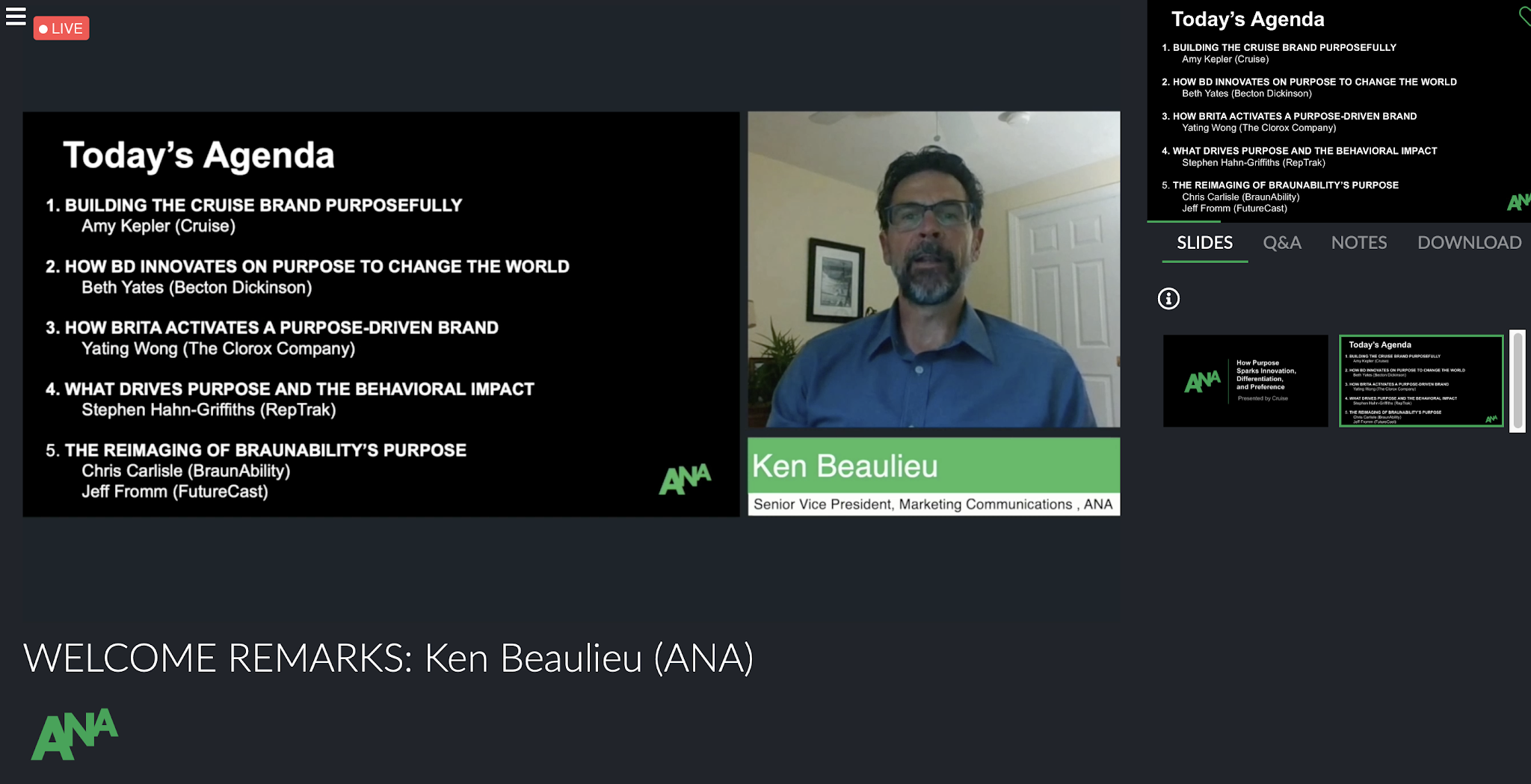Integrated branding in a world of D&I
In order for a company to be successful - it needs a strong employee base that is engaged in what they do, and firmly believes in the company's vision. However, this alone isn’t enough. In order for companies to be relevant in the future, they need to be staffed by a diverse employee base, reaching all genders, nationalities, and cultures. Brands now, more than ever need to embrace Diversity and Inclusion (D&I) as a cornerstone of their corporate identity. This is the age of social media, Netflix and Adblock, and brands need to accurately represent their consumer and employee bases in an authentic and interpersonal way - or they will simply become irrelevant.
Last June, I was fortunate enough to have the opportunity to assist BIC instructor Angela Chitkara while she hosted a panel for PRSA in Diversity and Inclusion. The key takeaways from this conference for me are that you need a diverse employee base to be successful in 2020, Social norms matter more than you think, and a Strong, integrated brand will result in an engaged employee and consumer base.
D&I - put simply - means a company has a workforce that is from a variety of backgrounds, nationalities, and ideologies - and that the company in question values & respects the viewpoints from these employees. And it makes sense - you can’t have an engaged employee base if you don’t have employees that represent all cultures and viewpoints.
According to this quote from Quartz.com, “Research shows that people change their behavior in line with social norms. Even if someone disagrees with the new norm, they are likely to go along with it if influential people or institutions set a new standard of how to behave.” This is fascinating because it shows that even though people are stuck in their own ways, a strong brand that embraces D&I in an integrated and approachable manner will ultimately change the perception of its workforce to also adopt these beliefs and ideals.
It really all comes down to one thing: A strong, Integrated brand. A strong brand can create a culture where employees feel comfortable, valued, and happy to work. This culture of respecting and supporting D&I must start from the brand and move outward, or the company will not be as successful. This is an age where consumers notice these things more than ever. The modern consumer lives on the internet and they have a well-adapted filter for authenticity. If a company doesn’t 100% practice what they preach - the consumer will find out.
My specific function at this PRSA panel was to design and operate the “Poll everywhere” questions in order to better engage the audience, and we got some interesting results.
When we asked: “how do we make D&I a business imperative” some of the responses we got were “Prioritize Value” and “Embrace Progress” - which are both calls to action of a brand.
When we asked: “What comes to mind when you think of D&I” some of the answers we got were “culture” “understanding” and “openness” - again - calls to the brand.
This tells us that in order for a company to be relevant in the future, they need to have an integrated culture of openness, understanding, and value that permeates in all areas of the business - including employee base. If they don’t respect the diversity of their employee base there is no way they can expect to have a consumer base that is engaged and diverse. It just doesn’t work that way. Not in 2020. The modern consumer needs to immediately see the value a company can offer them, and that cannot happen if the company is staffed by people irrelevant to the consumer. This is an age where a brand’s primary function is to create an environment where sales can happen - and the employee base is a massive part of that environment.



